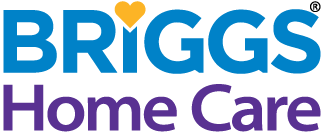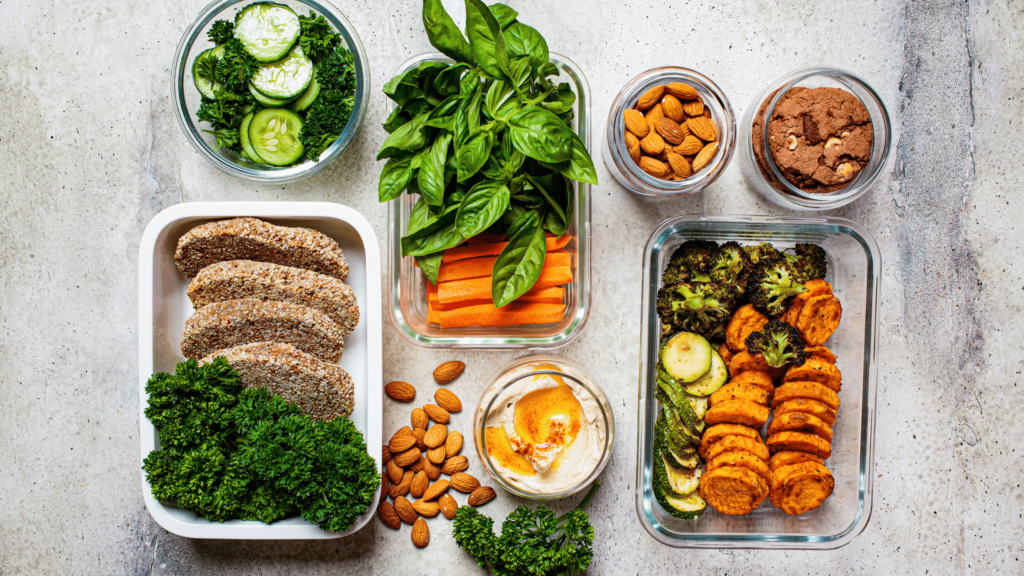Caring for a loved one is an act of love and dedication. However, amidst the demanding role of caregiving, family caregivers often neglect their own health and nutrition. This blog post highlights the importance of maintaining a balanced diet to sustain energy, focus, and overall well-being, ensuring caregivers can continue providing the best care possible.
Let’s Talk About Why Nutrition is Super Important for Family Caregivers
Family caregivers play a crucial but often overlooked role in health care. They handle extensive responsibilities, which can lead to them neglecting their own dietary needs. Meal planning and ensuring a balanced diet can be daunting. However, it’s vital to understand that taking care of one’s own nutrition is essential, not a luxury.
Understanding Your Nutritional Needs
A balanced diet rich in fruits, vegetables, lean proteins, whole grains, and healthy fats is essential for everyone, but even more so for those under stress. Nutrients like B vitamins found in whole grains and magnesium present in leafy greens are particularly vital for stress management. Sufficient nutritional intake not only supports physical health but also aids in maintaining mental clarity and emotional resilience.
Simplifying Meal Preparation
Meal planning does not have to be a daunting task. Simple strategies like batch cooking, utilizing healthy pre-prepared options, and leveraging technology with meal planning apps can significantly reduce the burden. These tools allow for a focus on dietary restrictions and preferences, ensuring nutritious meals are always within reach.
Quick, Easy, Nutritious Recipes for Caregivers
Here are a few quick, easy, and nutritious recipe ideas that caregivers can prepare to ensure they’re meeting their dietary needs without taking too much time away from their caregiving duties:
Here’s a curated selection with links to the recipes:
- Vegetarian Quinoa and Black Bean Burrito Bowls (Vegetarian, Vegan-friendly)
- Sheetpan Salmon and Potatoes With Veggies (Pescatarian, Gluten-free)
- Instant Pot Lentil and Sweet Potato Curry (Vegetarian, Vegan, Gluten-free)
- Grilled Chicken Salad with Strawberry Balsamic Vinaigrette (Keto-friendly, Low-carb)
- Turkey Taco Lettuce Wraps (Low-carb, Gluten-free)
- One-Pot Creamy Mushroom and Spinach Pasta (Vegetarian-friendly)
- Instant Pot Chicken and Brown Rice Burrito Bowls (Gluten-free)
- 5-Ingredient Peanut Butter Overnight Oats (Vegan, Gluten-free)
These recipes cover a range of dietary preferences, including vegetarian, vegan, gluten-free, low-carb, and keto-friendly options. They are generally quick to prepare and packed with nutrients to help family caregivers maintain their health while caring for loved ones.
Importance of Hydration
Hydration is pivotal for energy and cognitive function yet is frequently overlooked. Carrying a water bottle and setting reminders are practical steps to ensure adequate daily fluid intake. Remember, staying hydrated is just as important as eating a balanced diet.
Healthy Snacking
Snacks are a great way to keep energy levels up during a busy day. Options like nuts, yogurt, and fruit provide essential nutrients and can be easily accessible during caregiving activities. Planning ahead with healthy snacks can mitigate the lure of convenient, less nutritious options.
Navigating Dietary Challenges Unique to Caregivers
Irregular meal times and reliance on quick, unhealthy food options are common hurdles for caregivers. Implementing strategies like eating at regular intervals and keeping healthy snacks within reach can help maintain a consistent nutritional intake, combating the pitfalls of a hectic schedule.
Supplements for Caregivers
Supplements may sometimes be necessary to meet nutritional needs, especially during chronic stress. However, it’s essential to consult with a healthcare professional before starting any supplement to ensure they’re safe and effective, particularly when managing medications for a care recipient. A multivitamin and any other supplements a healthcare provider recommends may be an excellent place to start.
Linking Nutrition for Family Caregivers and Physical Activity
Pairing good nutrition with physical activity can amplify the health benefits. Simple activities such as walking or gentle stretching can be incorporated into the daily routine, helping to boost energy levels and reduce stress.
A Balanced Diet Can Make All The Difference
The role of a family caregiver is immensely challenging but remembering to prioritize your own health is crucial. By adopting a balanced diet and incorporating these strategies, caregivers can be equipped physically and emotionally to provide the best care possible.
Supplementary Resources for Family Caregivers
To enhance your support as a caregiver, below are curated links to valuable resources and practical advice designed to provide immediate assistance and direction.
- 10 Tips for Balancing Work and Family Caregiving Responsibilities
- The Essential Guide to Family Caregiving
- The Emotional Journey of Caregiving: Coping with Guilt and Grief
- Empowering Family Caregivers: Exploring the Latest in Family Caregiving Technology
- Understanding the Legalities: A Family Caregiver’s Guide to Medical and Financial Decisions
- Creating a Sustainable Caregiving Plan: A Checklist for Family Caregivers
- Navigating Long-Distance Caregiving: Strategies for Managing Care from Afar






